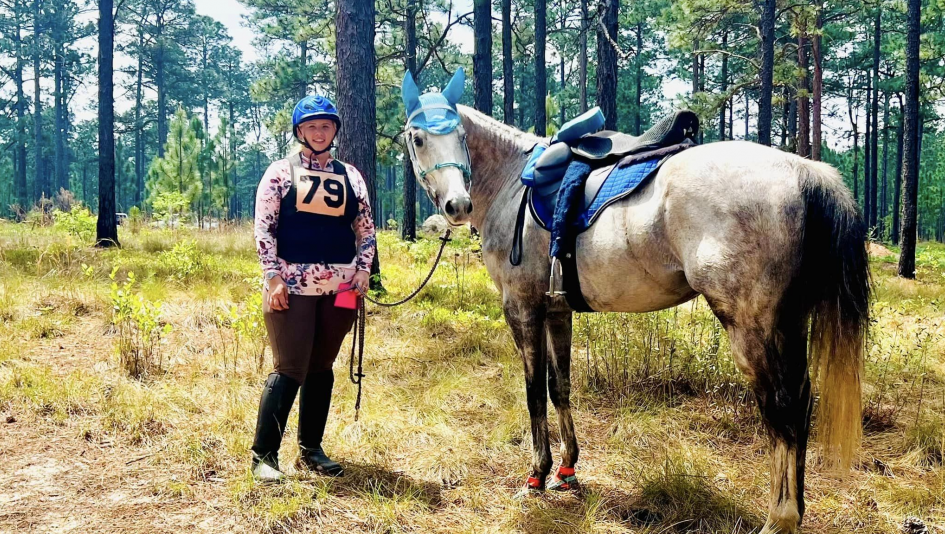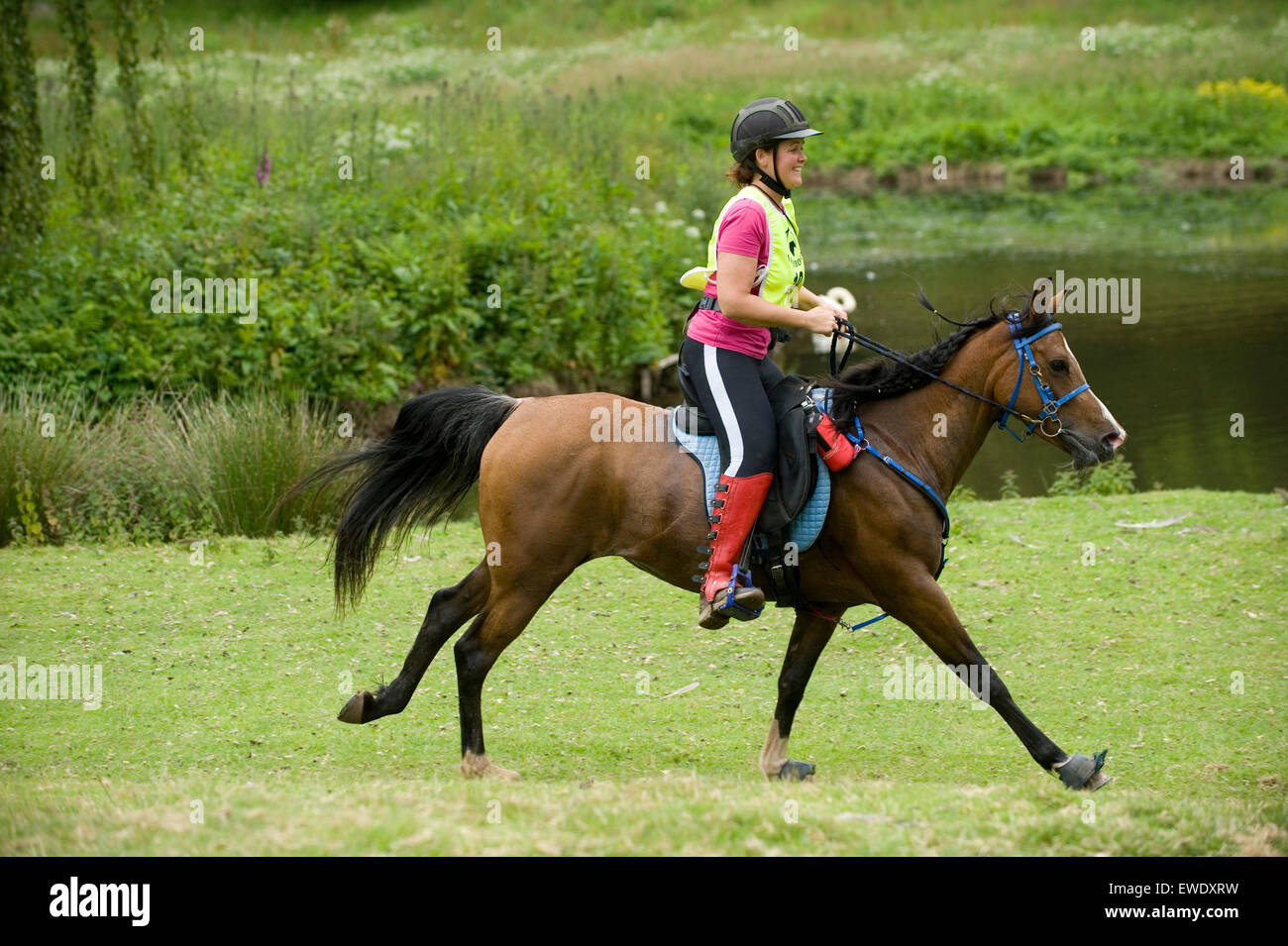The Psychology of an Endurance Horse

Understanding the psychology of an endurance horse is crucial for riders, trainers, and enthusiasts who want to optimize performance and ensure the well-being of these remarkable animals. Endurance horses face unique mental and physical challenges that require specific psychological traits and training approaches.
Key Psychological Traits of Endurance Horses
| Trait | Description |
|---|---|
| Resilience | The ability to recover quickly from physical and mental stress during long rides. |
| Focus | Maintaining concentration despite distractions and fatigue. |
| Motivation | A strong drive to keep moving forward, often influenced by the rider’s cues and environment. |
| Calmness | Staying composed in varied and sometimes stressful environments. |
| Adaptability | Adjusting to changing terrain, weather, and unexpected situations. |
Psychological Challenges in Endurance Riding
- Fatigue and Stress: Long distances can cause both physical exhaustion and mental fatigue, impacting decision-making and responsiveness.
- Anxiety and Fear: New or unpredictable environments may trigger anxiety, which can affect performance.
- Boredom: Repetitive motion and long hours can lead to disengagement if not managed properly.
Training Approaches to Support Psychological Health
- Gradual Conditioning: Slowly increasing distance and difficulty to build confidence and resilience.
- Positive Reinforcement: Using rewards to encourage desired behaviors and maintain motivation.
- Desensitization: Exposing horses to various stimuli to reduce fear and anxiety.
- Consistent Routine: Establishing predictable patterns to provide a sense of security.
FAQ: Understanding Endurance Horse Psychology
Q1: How does a horse’s mindset affect endurance performance?
A: A positive and focused mindset helps horses cope with the physical demands and maintain steady pacing.
Q2: Can psychological training improve endurance outcomes?
A: Yes, mental conditioning complements physical training by enhancing focus, reducing stress, and improving adaptability.
Q3: What signs indicate psychological distress in endurance horses?
A: Signs include reluctance to move, excessive sweating, erratic behavior, and loss of appetite.
Conclusion
The psychology of an endurance horse plays a vital role in their success and welfare. By understanding and nurturing their mental traits, handlers can improve performance and ensure a healthier, happier horse.
This expanded content uses structured elements like tables and lists to improve readability and SEO, while the FAQ section addresses common questions to engage readers further.
